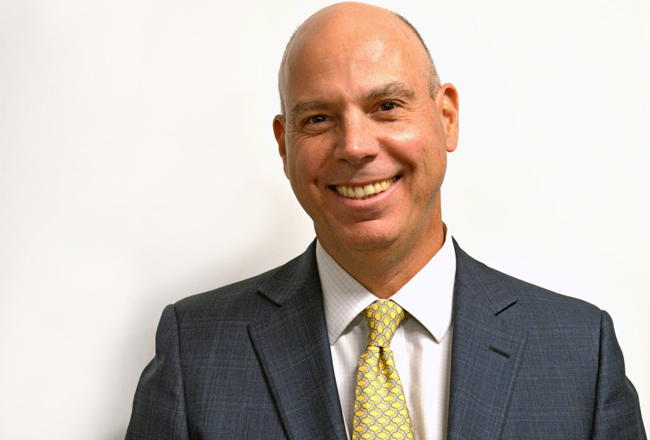Westchester County Association issues report on recovery from the pandemic
The Westchester County Association (WCA) has released a report with numerous ideas and concrete initiatives regarding what needs to be done to promote economic recovery from the Covid-19 pandemic.

Michael N. Romita, president and CEO of the WCA, said, “The advocacy agenda and initiatives outlined in this report are the result of a collaborative effort of some of the region”™s most dedicated professionals from business, nonprofit, education, labor and government. As we implement these initiatives and continue to collaborate with key stakeholders across industry sectors and throughout the region, we will achieve tangible progress toward a stronger, more resilient economy for our region. “
The report is titled “Towards a Stronger Future.” It was developed by WCA”™s Post Pandemic Working Group.
“The pandemic continues to dominate our personal and professional lives,” the report states. “As the summer of 2020 draws to a close, over 33,000 New Yorkers have died ”“ more than 1,400 in Westchester alone. Unemployment in the Hudson Valley stands at 13.6 percent ”“ Westchester is at 14.2 percent ”“ with tens of thousands yet to find work. Businesses of all types and sizes remain under existential threat, and significant budget deficits confront our state and local governments. These facts are painful to acknowledge.”
The report then goes on to call for action, saying, “Westchester has enviable resources at its disposal ”“ a broad economic base, a strong and expanding health care sector, top-flight schools and institutions of higher learning, immediate proximity to New York City, a mixture of municipalities, towns and villages, vibrant arts and cultural institutions, parks and outdoor space, engaged nonprofits, and an increasingly diverse population. We can take stock of the financial, political, and racial tensions now clearly exposed and we can put the framework in place to work towards a stronger future.”
Among the specifics the report says should be undertaken if not already underway:
- Advocate for broadening telehealth insurance coverage from both public and private payers; reigning-in oversized market influence of health care insurance carriers; and requiring health care reinvestment by insurers.
- Establish a Talent Council that identifies the greatest hiring needs in the health care sector, convenes employers, job trainers and representative job seekers to improve pathways to career jobs, and engages high-level health care employer stakeholders with college presidents to foster alignment of college curriculums with talent needs
- Showcase and grow the health care/bioscience nexus, with bioscience as an emerging sector in the region.
- Mobilize a housing stakeholder group to foster collaboration among public and private sectors and coordinate efforts of various housing programs and initiatives.
- Collaborate with the Housing Action Council and Pace University”™s Land Use Law Center to establish an Employer Assisted Housing Program that employers can offer their employees to help secure housing.
- Advocate for a clear broadband infrastructure and digital connectivity policy by developing and promoting a municipal list of do”™s and don”™ts in cable franchising, fiber and small cell use of public rights of way, and permit streamlining of municipal codes appropriate for the region.
- Support proposed federal recovery and infrastructure legislation that includes funding for nonrural areas and would include the Hudson Valley.
- Advocate for sustainable energy policy that rewards clean energy building projects and retrofits; solicits projects that move toward a clean energy future; adopts county-wide green building codes; and views investments in public transit and electric vehicle charging stations as essential economic infrastructure.
- Partner with Pace University”™s Energy and Climate Center to develop a clean energy information clearinghouse to drive awareness and understanding of the range of programs and resources (financial and otherwise) available to developers, building owners and businesses wishing to transition to a lower carbon footprint.
- Partner with Fordham University”™s Gabelli School of Business to develop a curriculum in organizational sustainability to arm business professionals with the practical skills needed to develop and implement an enduring sustainability program within their organizations.